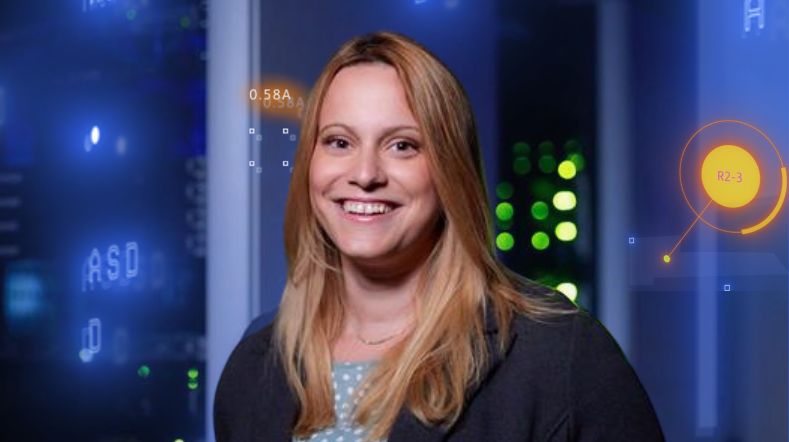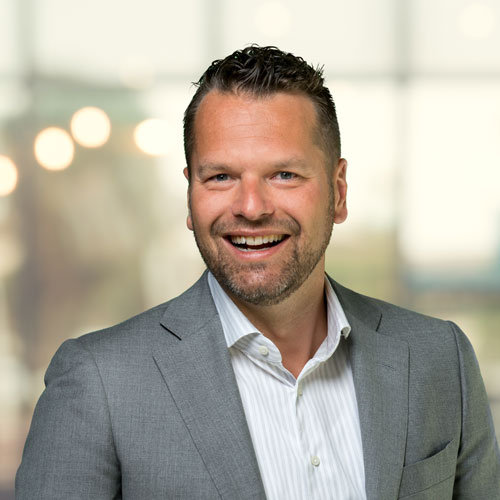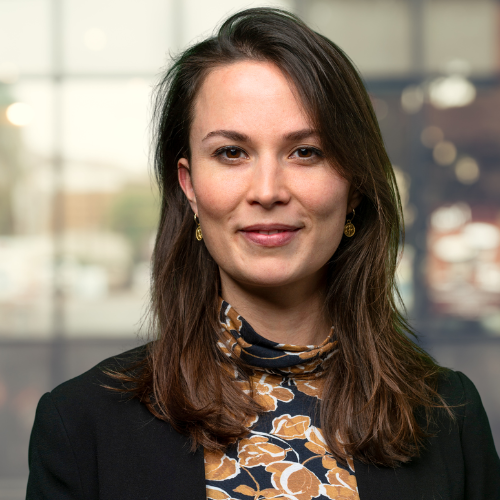Data spaces for secure data exchange in the healthcare sector
Data is like oxygen to our healthcare system. Good data are vital in daily practice and underpin any improvements or breakthroughs, yet nowhere is data more inaccessible than in the healthcare sector. This is understandable, but no longer necessary.
TNO regards technologies developed to break through these silos as tried and tested, opening the door to secure data exchange in the sector. Even the most privacy-sensitive data can be analysed securely with these technologies.
Some pioneers are already demonstrating what is possible when data is securely made accessible and brought together. We are calling on healthcare players to follow suit and join forces to build new ecosystems for data use. For a better, more affordable, more accessible and more personal healthcare system.
An improved healthcare system in the waiting room
Data sharing moves our healthcare system forward, as evidenced by pioneers in the sector. For example, Dutch cancer researchers can now see more clearly than ever who is vulnerable to the disease, how to recognise symptoms early and why treatments work differently in different people. At a time of rising healthcare costs and staff shortages, their work is not just welcome but also necessary.
In addition, data collected outside our healthcare system could be used much more effectively than it is today. Take data from health apps or air quality measurements, for example.
As a pioneer in Europe, Finland, with VTT (the Finnish TNO), proves that centrally storing health data can be highly valuable in critical situations.
Also in the Netherlands, various pilots for secure data sharing in healthcare are making significant progress. For instance, in the HERACLES project, we collaborate to extract useful data for research on two types of cancer, addressing challenges to maximize the use of health data to enhance patient care.
Planned European Health Data Space (EHDS) law
An important European law for data sharing in the healthcare sector is on the way: the European Health Data Space (EHDS) regulation. This law promises a data revolution that will shake up the healthcare system considerably.
The upcoming law will primarily give citizens more control over their health data, but at the same time aims to make the exchange of medical data quick and easy to access across national borders.
This will force the healthcare sector to work together more intensively to digitally align the secure exchange of data. How? By using privacy technologies to handle the technical side of secure data exchange.
You too can actively contribute to enabling data exchange in the healthcare sector. Will you join us?
Data technologies for healthcare explained
Innovations in privacy technologies and data spaces prove that secure data exchange is possible. What are these technologies and what are the differences between them?
Data spaces are data sharing systems in which, unlike the cloud, data is stored decentrally. With the data source holder, to be precise. This allows you to keep control of your own data while still easily exchanging data based on shared policies and rules.
Within the International Data Spaces (IDS) initiative, we are developing a European standard for independent and controlled data sharing.
Privacy-enhancing technologies (PETs) is the collective name for 3 technologies that enable data analysis between organisations to take place in a privacy-friendly way.
- Multi-party Computation: this is a cryptographic technology that allows multiple parties to perform calculations with their combined data, without disclosing their own individual inputs. The purpose of MPC is to create methods that allow parties to jointly compute a function for their inputs, while keeping these inputs private.
- Federated Learning: this is a decentralised and privacy-friendly form of machine learning. Federated learning allows multiple parties to jointly build a robust machine learning model without sharing data, addressing critical issues such as data privacy, data security, data access rights and access to heterogeneous data.
- Synthetic Data Generation: this method converts personal data into a completely new, artificial dataset. Similar to the original data, but not traceable to individuals.
Generative AI deploys adaptive language and speech technologies in such a way that the user and the AI system can understand each other.
Self Sovereign Identity (SSI) uses cryptographic techniques to enable users to maintain control over their own personal data, without depending on a central authority. SSI is an approach to digital identity that gives individuals control over the information they use to demonstrate who they are on websites, services and applications on the web.
What TNO can do for you
TNO makes knowledge applicable for companies, (healthcare) organisations and public authorities. We focus on removing barriers to data sharing between organisations.
From a quick scan to a proof of concept, we use first-time-engineering to help take your company or organisation to the next data level. Together, we make smart technology applicable to a project for your organisation.
Does your (healthcare) organisation wish to collaborate with others to securely use data to gain shared insights from this data? If so, please don’t hesitate to contact us.
Get inspired
Digitalisation and sustainability: how AI can help


Time setter story: Kallol Das
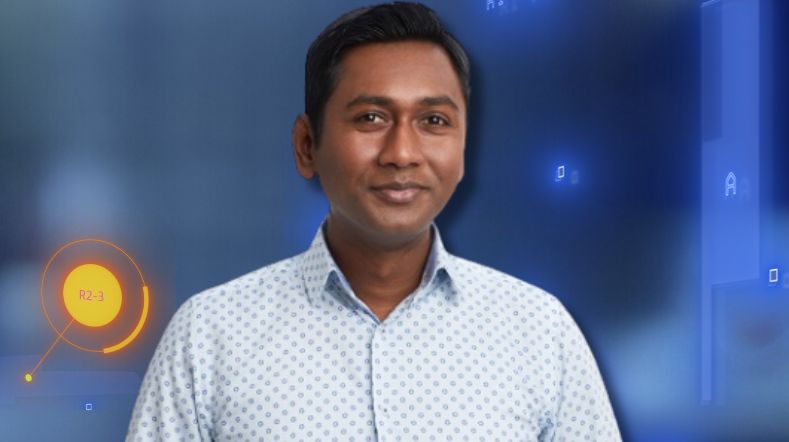

Digital Product Passport


Time setter story: Annemieke Kips
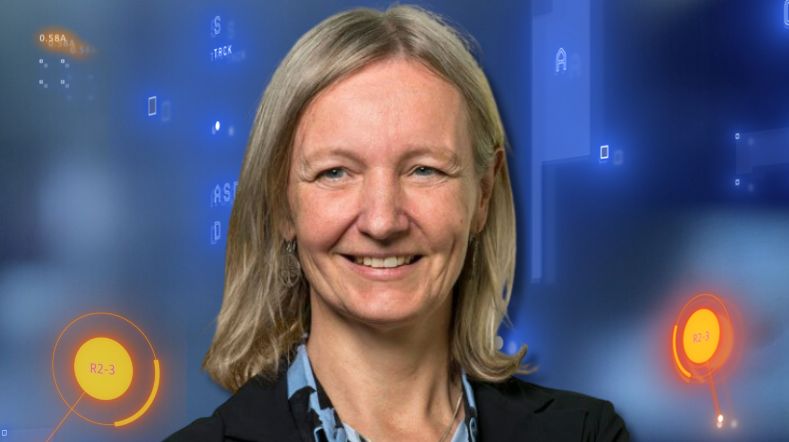

Time setter story: Belma Turkovic
